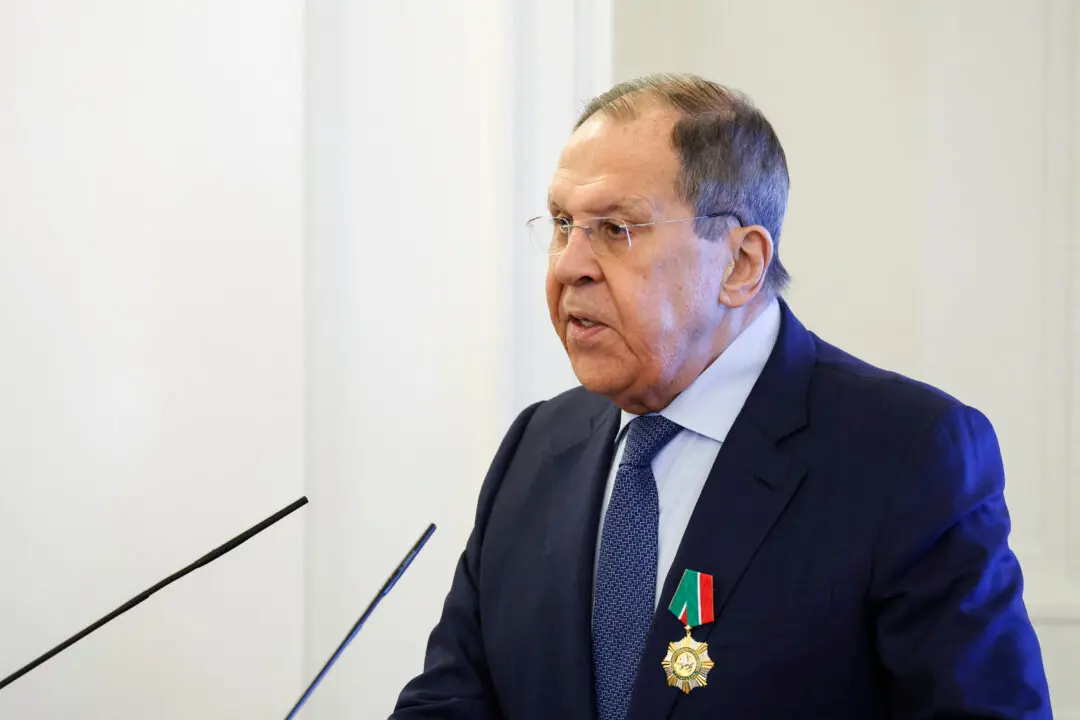LONDON—The head of the Armed Forces’ Strategic Command, General Jim Hockenhull, has announced 100 new digital bursaries as Britain seeks to recruit some of the best young brains in the country to work on the National Cyber Force (NCF).
Announcing the pilot project at the DSEI defence exhibition in London on Tuesday, Gen. Hockenhull said the Ministry of Defence suffered six million cyber attacks last year and he said the armed forces needed to win the “battle for digital talent.”





